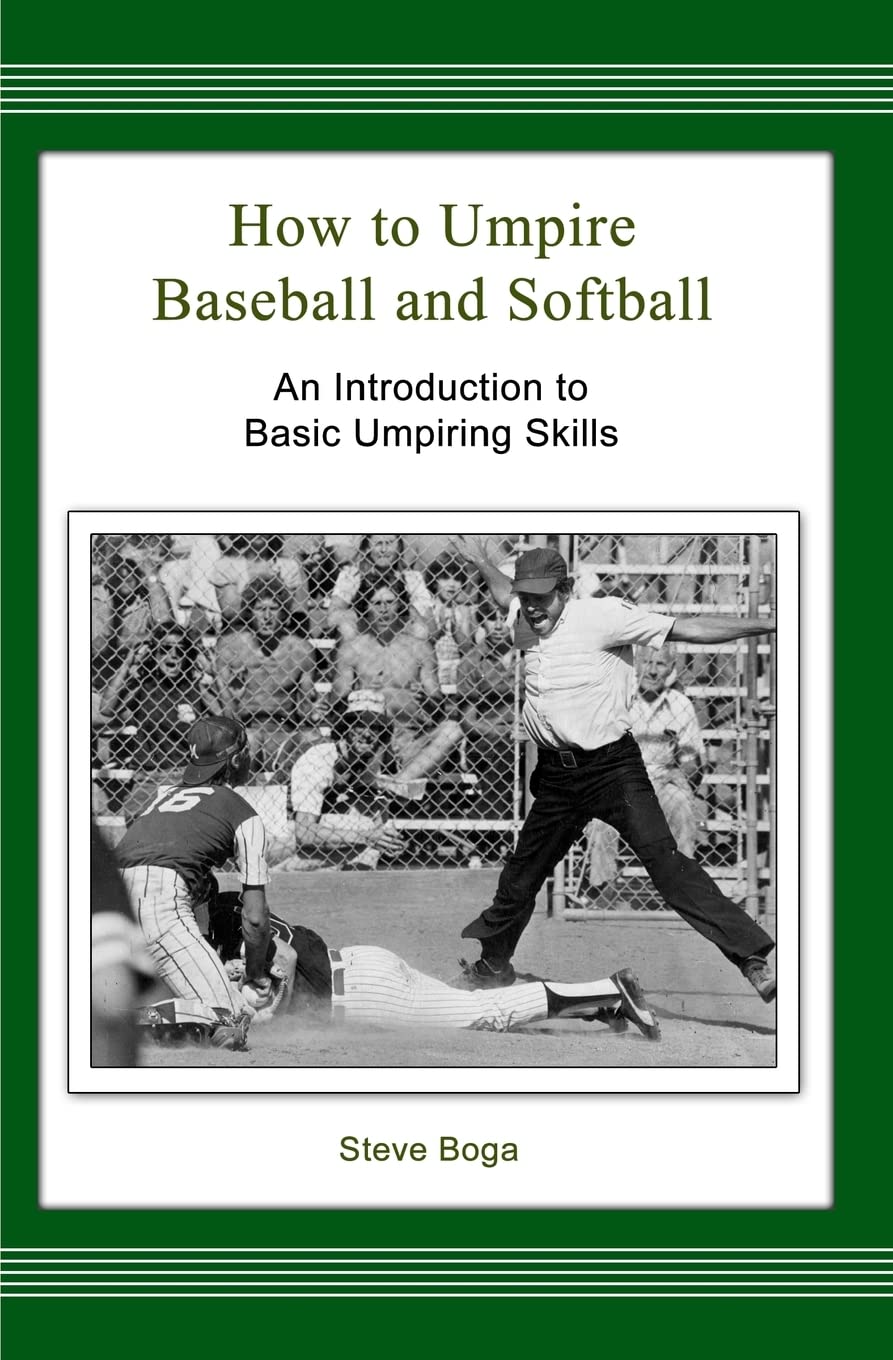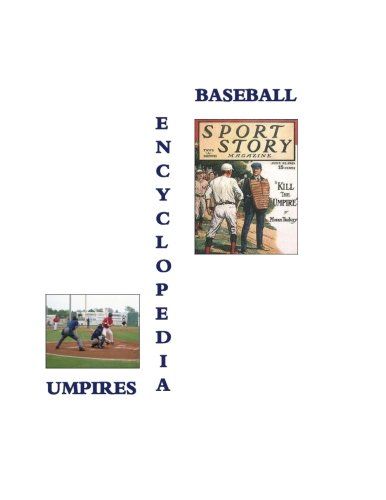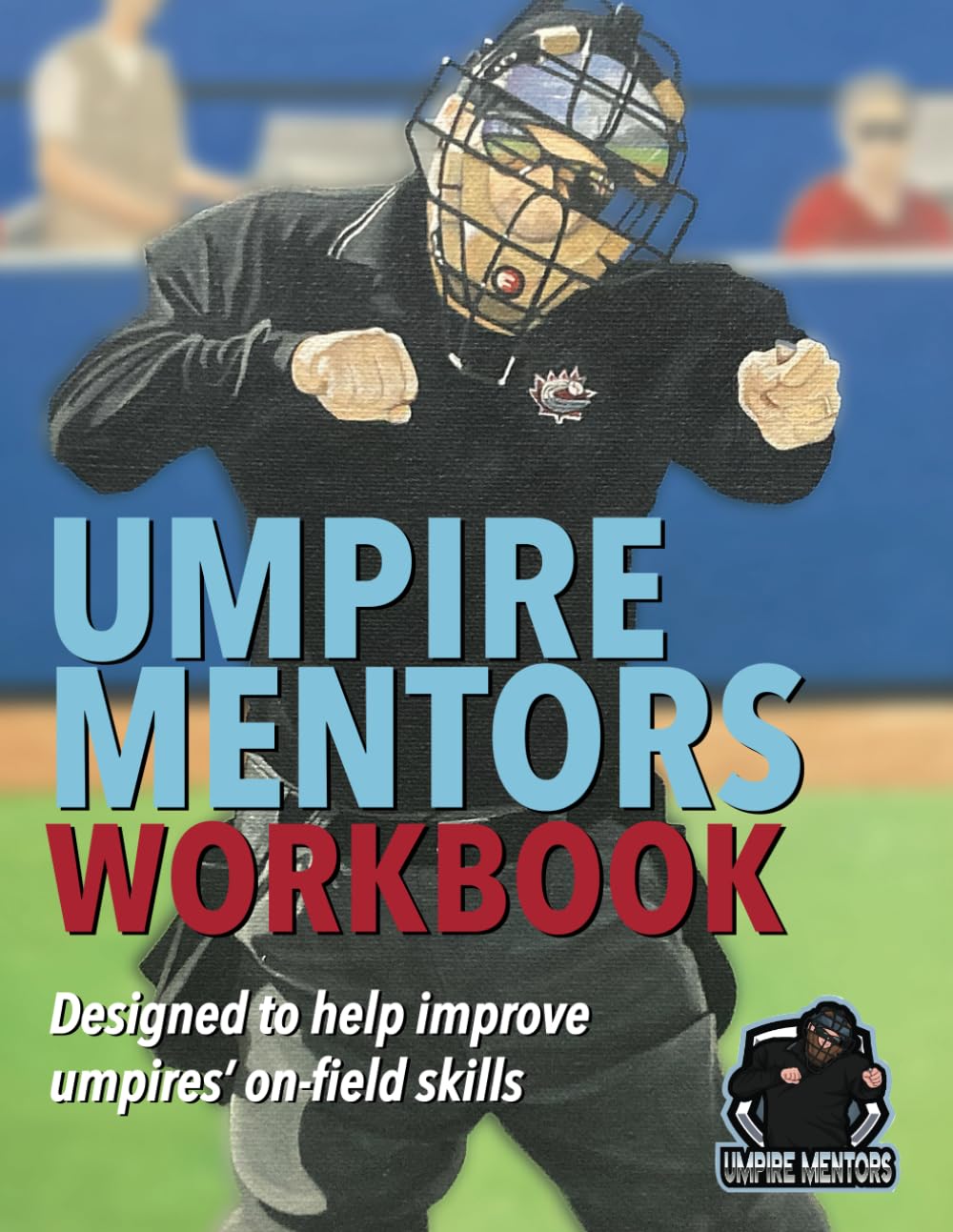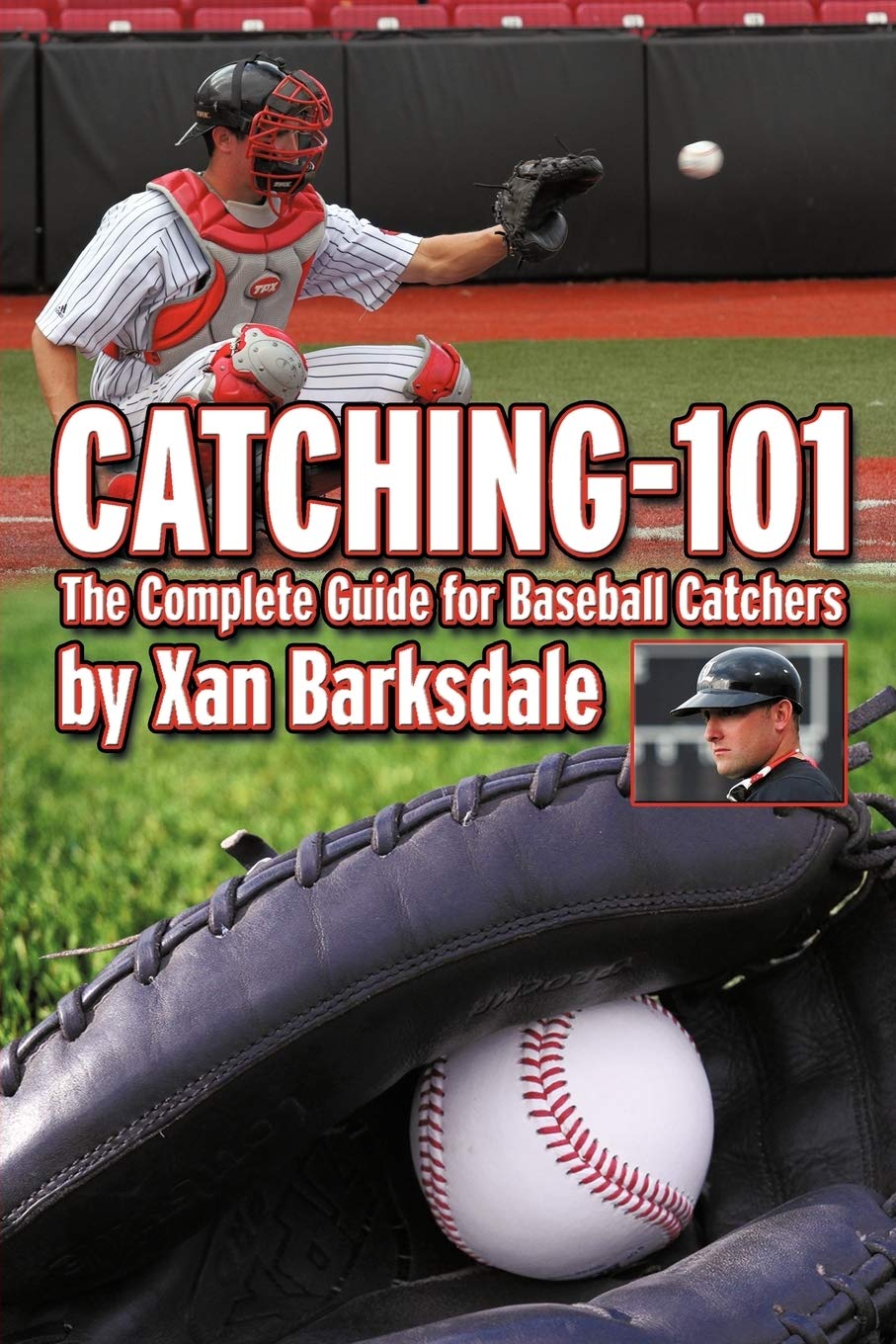Baseball is a sport rich in history and tradition. Among the many characters that bring the game to life, umpires hold a unique place. They ensure the rules are followed, making critical calls that can decide the outcome of a game. Books on baseball umpires offer a fascinating glimpse into this part of the sport, blending stories of on-field drama with insights into the personalities and pressures these officials face.
When choosing a book about baseball’s umpires, consider what aspects interest you most. Some books dive into the personal stories and careers of famous umpires. Others focus on the evolution of umpiring or offer a more technical look at the rules and the art of making calls. Knowing what you’re keen on will guide you to the right book.
Selecting a well-reviewed book can provide a deeper appreciation for the role umpires play in baseball. They allow you to see the game from a different perspective, enriching your understanding and enjoyment of America’s pastime.
Top Books on Baseball’s Umpires
Explore this collection of top books about the unsung heroes on the baseball field—umpires. These selections help you appreciate their vital role and the history behind the game.
How to Umpire Baseball
If you’re stepping into the world of umpiring, this guide is a solid starting point to grasp the basics effectively.
Pros
- Provides clear instructions on umpiring techniques
- Covers both baseball and softball
- Useful sections on attitude and appearance
Cons
- Limited to basic skills
- Lacks advanced techniques
- May not suit experienced umpires
Whether you’re new to umpiring or just refreshing your skills, this book can be a helpful resource. Written to introduce the basics, it neatly covers the fundamental techniques and knowledge every beginner needs.
The book includes specific sections on positioning and mechanics. It tackles umpire duties for both the plate and the bases, ensuring new umpires understand the essential parts of their role.
Many have found the sections on attitude and appearance particularly useful, as these aspects are just as crucial as technical skills. However, if you’re an experienced umpire looking for advanced skills, this might not meet your needs completely.
Baseball Umpires Encyclopedia
This book is a great buy for anyone interested in the world of baseball umpires, offering valuable insights and detailed information.
Pros
- Provides comprehensive umpiring guidance.
- Affordable compared to other resources.
- Easy to understand format.
Cons
- May not meet professional umpires’ needs.
- Limited to amateur and high school levels.
- Some might find the content dry.
For those curious about the intricacies of baseball umpiring, this book is a solid choice. It covers everything from rules to the mechanics of officiating, making it suitable for new and seasoned umpires alike.
The affordable price tag is a bonus, especially considering it offers content that rivals more expensive options. Whether you want to learn the basics or refine your skills, this resource is both informative and entertaining.
Readers might find it focuses heavily on amateur levels, which could limit its use for professionals. Despite this, it remains a valuable addition to any baseball enthusiast’s library.
Umpire Mentors Workbook
This workbook can be a valuable tool for umpires aiming to refine their skills, despite mixed reviews.
Pros
- Provides structured exercises to enhance umpire skills.
- Lightweight and portable for easy carrying to games.
- Contains helpful tips for on-the-field situations.
Cons
- Limited depth of content with only 77 pages.
- Some users found it lacking in instructional detail.
- The price might be high for the amount of content offered.
The Umpire Mentors Workbook is designed to support umpires in improving their performance on the field. It offers various exercises and tips that could be beneficial if you’re looking for practical skill enhancement. The workbook is conveniently sized at 8.5 x 11 inches, making it easy to bring along to games or meetings.
Despite its potential benefits, the book might not be comprehensive enough for all users. Some have pointed out that it falls short in delivering detailed instructions. If you prefer in-depth guides, you may need to supplement it with other resources.
Professional Game Card Holder
If you’re looking for a reliable and well-designed game card holder, this one is a solid choice for baseball umpires.
Pros
- Made with durable, weather-resistant materials
- Easy to carry with rounded edges
- Classic book-style design for organization
Cons
- Some may find it too small for larger lineup cards
- Limited to certain paper sizes
- Targeted mainly at officials
This Game Card Holder by Great Call Athletics stands out with its craftsmanship. It is built to last, using high-quality materials that resist weather damage. The rounded edges ensure it slips into your pocket smoothly, adding to its usability on the field.
Adopted by referees in various sports, its design caters to both professional and amateur officials. The holder unfolds like a book, which makes it easy to organize game and signal cards. There’s even a slot for your pencil, so you can have everything handy.
While it’s compact and fits easily in pockets, some might find its size an issue if they use larger lineup cards. It ensures a neat appearance but may restrict the paper sizes it can accommodate. Despite this, it’s a practical addition for those who need a dependable tool on the field.
Catching-101 Guide
A worthwhile purchase for anyone eager to improve their catching skills with well-explained techniques.
Pros
- Offers easy-to-understand guidance for all levels.
- Helpful insights for both young catchers and coaches.
- Filled with practical advice from an experienced coach.
Cons
- Limited to catching position only.
- Some content might feel basic for advanced players.
- Not a comprehensive baseball training guide.
Whether you’re a beginner learning the basics or a coach seeking effective teaching tools, this book has something valuable for you. It cuts through the noise and focuses on catching fundamentals. The structure of the book ensures that each chapter covers a specific aspect, making it easy to digest.
Xan Barksdale’s experiences shine through, giving readers insights into catching overlooked in broader baseball books. With its strong emphasis on practical advice, it fills a niche for those keen on mastering this part of the game.
The book’s simplicity makes it ideal for young readers, while coaches and parents will find it a useful resource to support developing skills. The straightforward writing style ensures that complex concepts are broken down into manageable portions.
Buying Guide
When picking a book on baseball umpires, consider what you’re most interested in. Are you looking for historical insights or personal stories? Decide your focus so you can narrow down your options.
Author Expertise: Look for authors with a strong background in baseball. They might be former umpires, sports writers, or baseball historians. Their experience can give you more meaningful insights.
Book Style: Books can range from academic studies to light-hearted stories. If you prefer detailed analysis, choose books with a scholarly tone. If you’re looking for fun reading, opt for memoirs or narratives.
Length and Depth: Some books offer a brief overview, while others go in-depth into specific periods or incidents. Choose based on how much time you want to spend on the topic and how deep you’d like to go.
Reviews and Ratings: Check reviews from other readers. Feedback can guide you to books that are well-written and informative. Keep an eye on both positive and negative comments.
Format Options:
| Format | Pros | Cons |
|---|---|---|
| Hardcover | Durable | Usually costs more |
| Paperback | Portable | Less durable |
| eBook | Convenient, searchable | Needs a device |
| Audiobook | Great for multitasking | Depends on narrator quality |
- Biographies
- Current Baseball Players
- Current Players by Team
- Players that Retired in the 2020s
- Players that Retired in the 2010s
- Players that Retired in the 2000s
- Players that Retired in the 1990s
- Players that Retired in the 1980s
- Players that Retired in the 1970s
- Players that Retired in the 1960s
- Players that Retired in the 1950s
- Players that Retired in the 1940s
- Players that Retired in the 1930s





